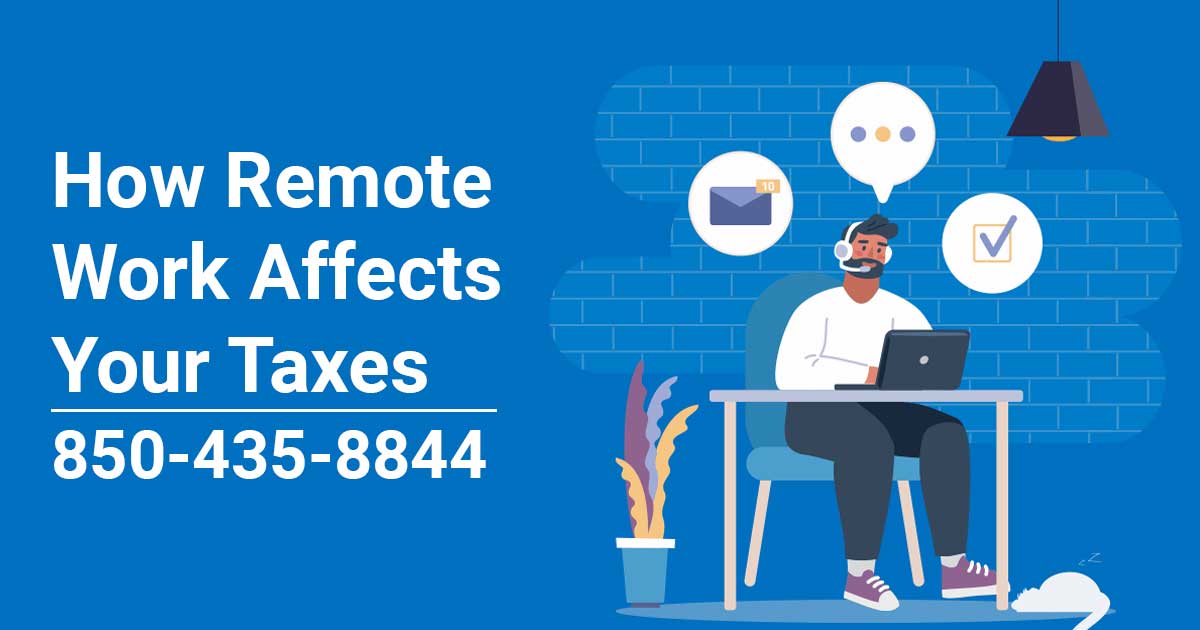

Depending on the employee’s tax bracket, it could be as high as 13.3%. California has one of the highest income tax rates in the nation. “The pandemic may have burst the dam, and it became obvious that people don’t need to be in an office,” Manes said.įor some remote workers, it makes sense to leave California.

There are some pitfalls and tax advantages for remote work, said Christopher Manes, a tax attorney at Palm Springs-based Manes Law, specializing exclusively in California residency tax planning. With remote work possibly being the new normal and people living in different states while working in another, there are some tax implications. Some of the biggest reasons people are moving include looking for less expensive housing, purchasing larger homes, better climate, and favorable tax rates. “Combined with those who are moving regardless of remote work, near-term migration rates maybe three to four times what they normally are,” the Upwork study said. The report found that one in three adults was working remotely compared to one in 20 before the pandemic.Īccording to a recent survey of 20,000 workers nationwide by Upwork, 14 to 23 million Americans plan to move because of remote work. It’s a trend that’s expected to pick up.Ībout nine million people relocated during the pandemic last year, the National Association of Realtors reported. Depending on the type of work, an employee’s home is no longer necessarily where the company they work is.Īdvances in technology have allowed more people to have the flexibility to move to one state while working for an employer in a different state. The days of driving into an office and working a 9-to-5 schedule could be coming to an end. In California, the subsequent shutdown orders to prevent the spread of COVID-19 forced employers to have their employees work remotely and accelerated a growing work from home and digital nomad movement. The coronavirus pandemic that surfaced last year has changed the work landscape. Grace Taylor, a digital nomad and tax consultant. We have to look at the totality of that person's situation and ties with their home state and employer." What's the relationship with the home state? Are they domiciled in that state? What is the worker's employment status? Every state is different. "From a domestic perspective, we have to look at it from a lot of different angles. "It can get a little tricky," said Grace Taylor, owner of Gracefully Expat, a boutique tax consulting firm that focuses on U.S.

#Paying state taxes while working remotely how to
Rather than dealing with the complexity of changing residency - and possibly reaping some tax benefits, Nanquil continues to reside in California for tax purposes.īut for those workers who had the ability and took the opportunity during the coronavirus pandemic and left the state to work remotely or came here to work, they may be grappling with how to handle their new tax situation as the May 17 deadline to file taxes approaches. "My home base is still in California, which I am constantly going back and forth throughout the year." citizen, the filing process has been the same as previous years," Nanquil said. "Since I am still a California resident and U.S. Though he has worked in different places, he kept it simple when it came to filing taxes. Remote working could have pitfalls and tax advantages.As the pandemic continues, up to 23 million workers recently surveyed said they plan to work remotely.The coronavirus pandemic last year accelerated the work from home and work from anywhere movement.Workers who left the state or arrived to take advantage of remote workers may face tax issues.


 0 kommentar(er)
0 kommentar(er)
